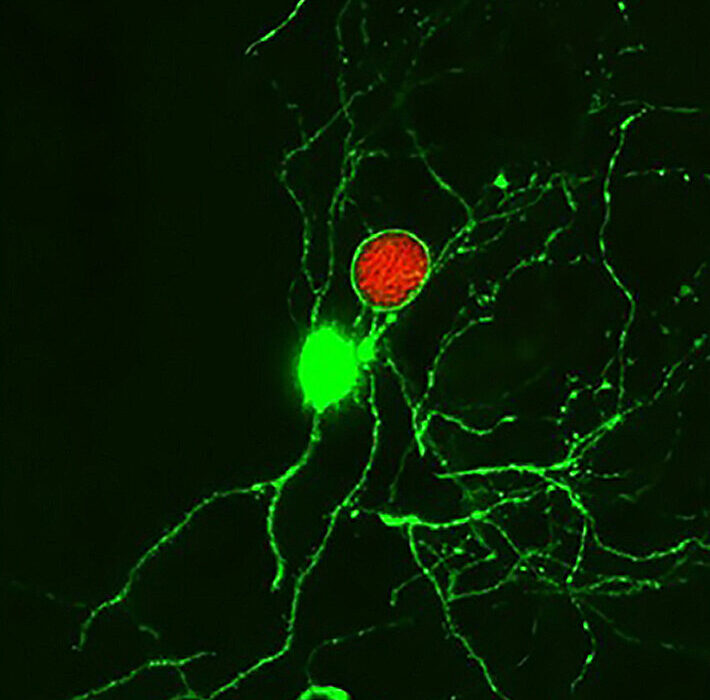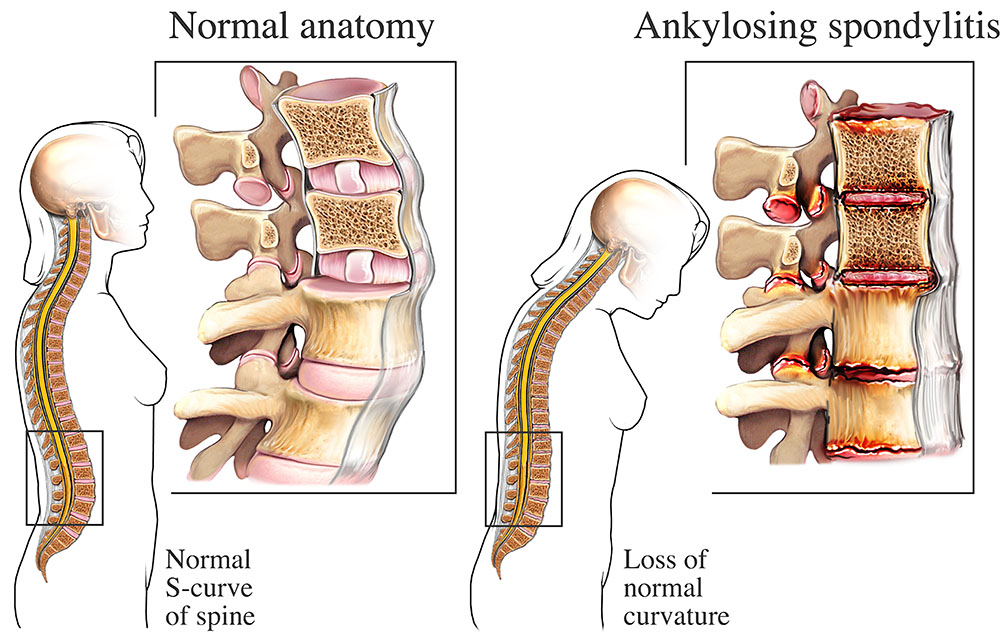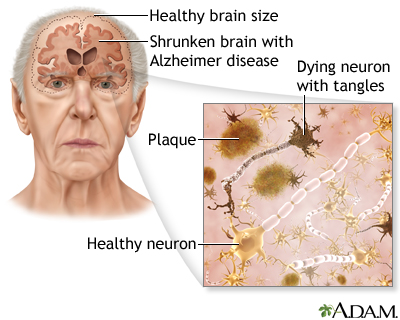If you’ve ever tossed and turned at night, watching the hours slip away, you know how cruel insomnia can be. For some, it’s an occasional inconvenience. For others, it’s a relentless thief that robs them of rest, energy, and peace of mind. Roughly one in three people struggles with poor sleep at some point, and around 10% of adults live with chronic insomnia—a disorder that affects not just nights, but entire lives.
For years, treatments have been limited. Sleeping pills may work in the short term, but they can cause dependence and come with side effects. Lifestyle changes like better sleep hygiene help some, but not all. For countless people, the search for restorative sleep remains ongoing.
Now, new research suggests that cannabis-based medical products could offer a new path forward.
A Glimmer of Evidence
In a study published in PLOS Mental Health, researchers from Imperial College London explored how cannabis-based medical products affect people struggling with insomnia. Led by Arushika Aggarwal and colleagues, the team followed 124 patients who were prescribed medical cannabis for their sleep problems. Instead of just looking at short-term results, they tracked patients for up to 18 months—a rare long-term glimpse into how treatment might evolve over time.
The results were striking. Patients reported meaningful improvements in their sleep quality that lasted through the entire 18-month period. They didn’t just fall asleep more easily—they described feeling better overall. Alongside sleep improvements, many patients reported reduced symptoms of anxiety and depression, as well as less physical pain. For people whose nights had been defined by frustration and exhaustion, this offered something precious: hope.
Balancing Benefits and Risks
Of course, no treatment is without risks. About 9% of patients reported side effects, including fatigue, dry mouth, or even more sleep disturbances. However, none of these side effects were life-threatening. Compared to the dangers of dependency linked with traditional sleep medications, this was encouraging.
Still, the researchers caution that more work needs to be done. Observational studies, like this one, are useful for spotting patterns and real-world outcomes, but they can’t prove cause and effect. Randomized controlled trials—the gold standard in medical research—are still needed to determine exactly how safe and effective cannabis-based treatments are for insomnia in the long run.
A Doctor’s Perspective
Dr. Simon Erridge, Research Director at Curaleaf Clinic and a co-author of the study, emphasized the importance of these findings. “Over an 18-month period, our study showed that treatment for insomnia with cannabis-based medicinal products was associated with sustained improvements in subjective sleep quality and anxiety symptoms,” he explained.
He added that what made this study unique was its length. “Conducting this long-term study provided valuable real-world evidence on patient outcomes that go beyond what we typically see in short-term trials. It was particularly interesting to observe signs of potential tolerance over time, which highlights the importance of continued monitoring and individualized treatment plans.”
In other words, cannabis may help—but like all medicines, it isn’t one-size-fits-all. Careful follow-up and personalized approaches are key.
Why Cannabis Could Work
Why might cannabis help with insomnia in the first place? The answer lies in the plant’s chemical complexity. Cannabis contains compounds called cannabinoids, the most well-known being THC (tetrahydrocannabinol) and CBD (cannabidiol).
THC is known for its psychoactive effects—it’s what gives cannabis its “high.” But at certain doses, it may also help with sleep initiation. CBD, on the other hand, is not intoxicating, and some research suggests it may ease anxiety, reduce pain, and promote relaxation. For many people with insomnia, the combination of reduced anxiety, pain relief, and mild sedation could be exactly what they need to finally drift into restful sleep.
However, cannabis isn’t a miracle cure. Different strains, formulations, and dosages can lead to very different effects. Some people may find cannabis stimulating rather than sedating, especially at higher doses of THC. This is why medical supervision and tailored treatment matter so much.
The Bigger Picture: Sleep, Health, and Quality of Life
Insomnia is not just about lying awake at night. It seeps into every corner of life. Poor sleep increases the risk of depression, anxiety, heart disease, diabetes, and weakened immunity. It affects productivity, relationships, and even identity. People who live with insomnia often describe feeling trapped in a body and mind that won’t cooperate.
This is why the promise of cannabis as a treatment is so significant. Even modest improvements in sleep can ripple outward—boosting mood, reducing pain, and improving overall quality of life. For patients who have tried and failed with existing treatments, medical cannabis might represent not just another option, but a second chance.
Proceeding With Caution and Curiosity
The excitement around cannabis-based treatments should be balanced with caution. Science demands evidence, and while this study provides valuable insights, it is not the final word. Large-scale randomized trials are essential before doctors can confidently recommend cannabis for insomnia as a standard treatment.
At the same time, studies like this highlight the importance of listening to patients. Their lived experiences—whether positive or negative—help guide research and shape how medicine evolves. The voices of those 124 patients remind us that behind every statistic is a person longing for rest, for relief, for a night of uninterrupted peace.
Looking Ahead
The path forward is clear: more research, more monitoring, and more individualized care. Cannabis-based medical products are not a cure-all, but they could be a powerful tool in the fight against insomnia.
For now, the findings offer a hopeful message. Science is beginning to take seriously what many patients have long suspected—that cannabis, carefully used and studied, may hold a key to better sleep.
As with all discoveries in medicine, this is just one chapter in a larger story. But for those lying awake in the long, quiet hours of the night, knowing that science is searching for answers—and that progress is being made—may be enough to bring a little comfort, even before the morning comes.
More information: Arushika Aggarwal et al, UK Medical Cannabis Registry: A clinical outcomes analysis for insomnia, PLOS Mental Health (2025). DOI: 10.1371/journal.pmen.0000390






